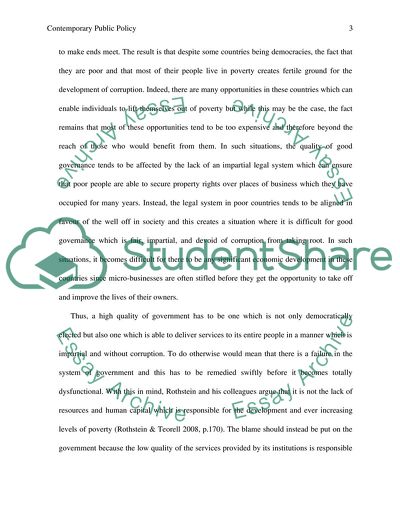Cite this document
(“Contemporary public policy : theoretical perspectives Essay”, n.d.)
Contemporary public policy : theoretical perspectives Essay. Retrieved from https://studentshare.org/social-science/1648000-contemporary-public-policy-theoretical-perspectives
Contemporary public policy : theoretical perspectives Essay. Retrieved from https://studentshare.org/social-science/1648000-contemporary-public-policy-theoretical-perspectives
(Contemporary Public Policy : Theoretical Perspectives Essay)
Contemporary Public Policy : Theoretical Perspectives Essay. https://studentshare.org/social-science/1648000-contemporary-public-policy-theoretical-perspectives.
Contemporary Public Policy : Theoretical Perspectives Essay. https://studentshare.org/social-science/1648000-contemporary-public-policy-theoretical-perspectives.
“Contemporary Public Policy : Theoretical Perspectives Essay”, n.d. https://studentshare.org/social-science/1648000-contemporary-public-policy-theoretical-perspectives.


